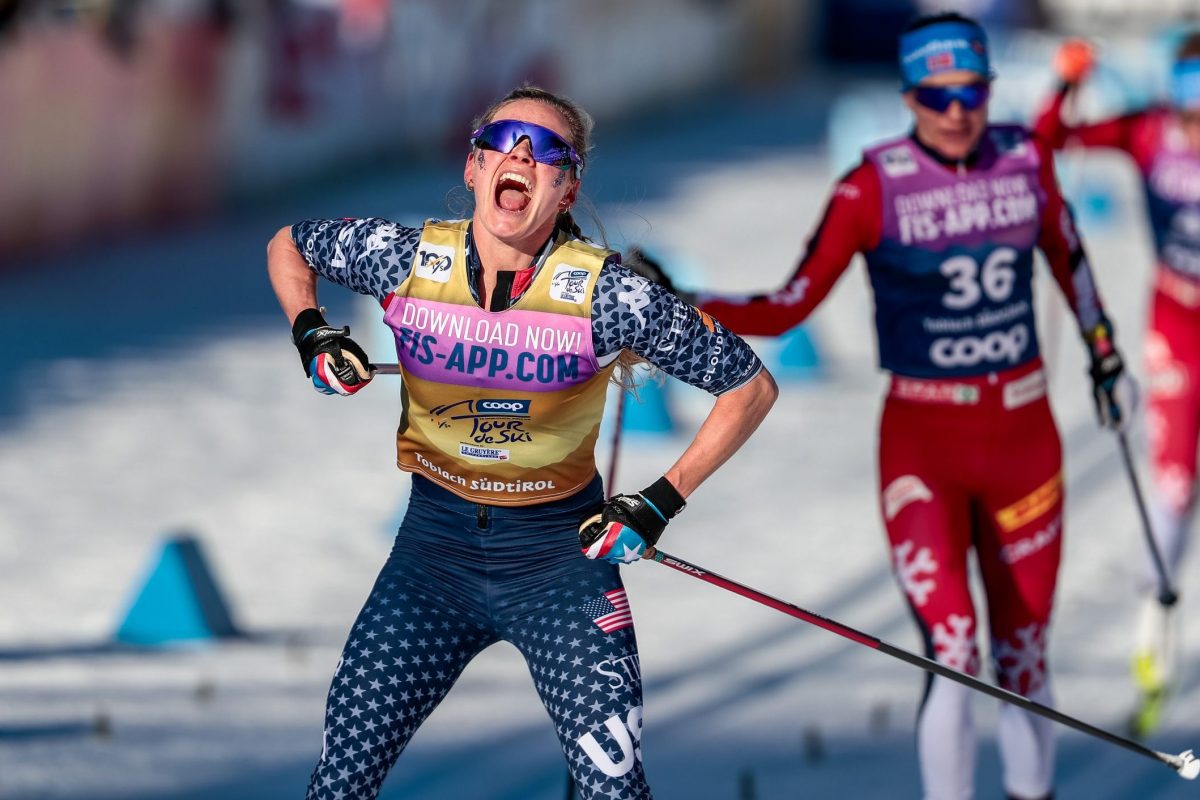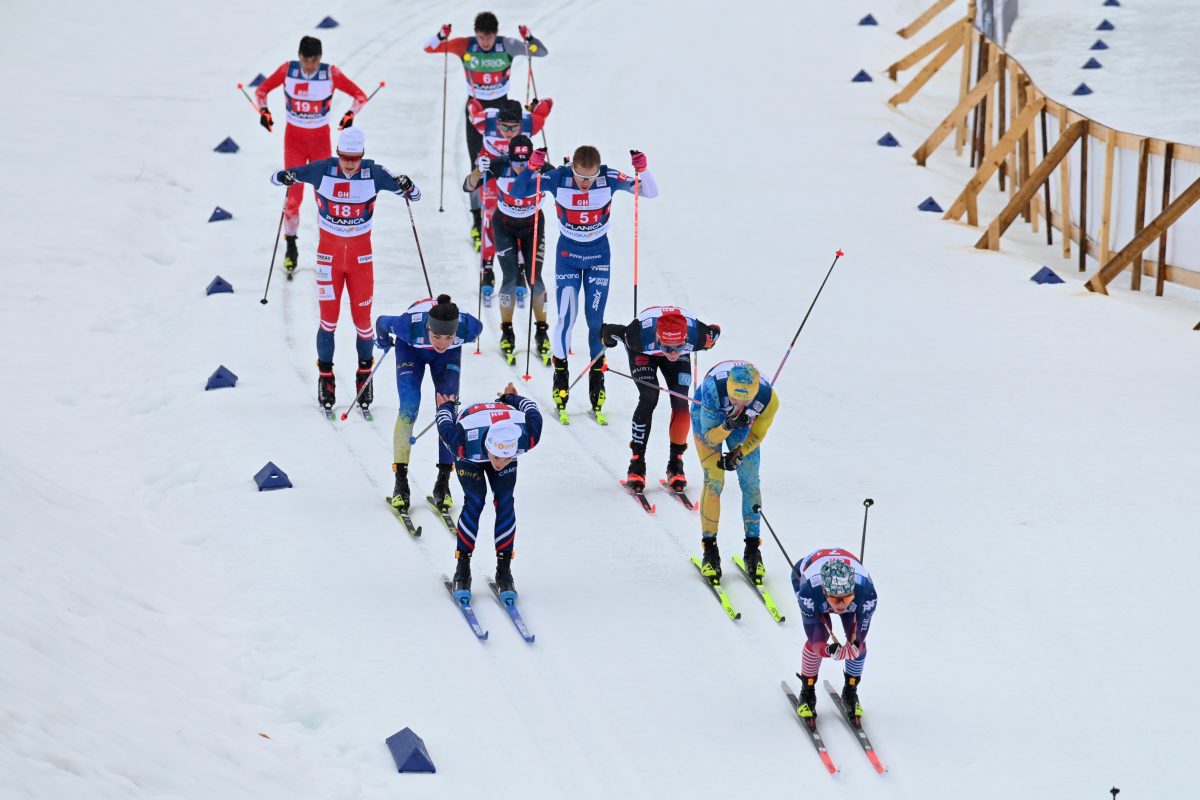
A common refrain is emerging from teams embroiled in sports doping scandals: that they are being unfairly persecuted, because other countries are engaging in ‘legalized doping’ by way of Therapeutic Use Exemptions.
TUE’s, as they are called, allow athletes with documented health issues to use some medications that would otherwise be prohibited by the World Anti-Doping Agency (WADA). Some common examples are asthma inhalers, glucocorticoids to treat injuries, and, for American athletes, medication to treat attention deficit hyperactivity disorder.
The TUE system could be abused. In some sports, like tennis, they seemed to be granted nearly automatically, without detailed investigations into whether such drugs are warranted.
Sometimes, a TUE might help an athlete regardless of their illness: for instance, Ritalin or other drugs can increase concentration, which can be particularly helpful in some sports.
But in other cases, it’s not clear that a TUE always equates to a competitive advantage. Glucocorticoids, for example, are not banned out of competition anyway, meaning that many athletes could use them frequently to treat injuries during training without even needing a TUE. And for other medications, like asthma inhalers, it’s unclear whether a healthy athlete seeking a fraudulent TUE would even get a benefic from the drug.
In any case, the shout of ‘But TUE’s!’ is becoming more common. During the recent Russian doping scandal, Vladimir Putin called for athletes requiring TUE’s to be kept out of competitions. A hacking collective released athlete medical records during the 2016 Summer Olympics, saying that the TUE’s showed that these athletes were doping.
Chris Froome, a British cyclist, was revealed by the hackers to have been granted two TUE’s for prednisone. His pro team, Team Sky, has increasingly been discussed in the context of doping in cycling, with many saying that the team is pushing the limits of what is ethical in terms of medical practice. In response, Froome argued that his TUE’s were legitimate, but that cycling’s TUE system needs to examined because it open to abuse.
Biathlon has its share of scandals. At least four Russian biathletes are currently suspended: Ekaterina Iourieva, for three different EPO offenses; Olga Vilukhina and Iana Romanova, provisionally suspended as the International Olympic Committee (IOC) investigates sample manipulation at the 2014 Olympics; and Ekaterina Glazyrina, suspended by the International Biathlon Union (IBU) after follow-up work by their Working Group relating to the 2014 Olympics and the McLaren report.
In addition, six more Russian athletes are under active investigation by the IBU and 22 more are marked as of interest, with investigations de-prioritized but able to be re-opened at any time.
“The work of the Working Group is continuing, and also the two commissions of the IOC are continuing their work,” IBU President Anders Besseberg said in a press conference on Saturday. “The big problem is how are we able to get the necessary to get the necessary evidence and proof on the table to make the sanctions on either athletes or the Russian Biathlon Union, if they have been involved in something. This work… will continue as long as there is a chance to clarify this situation.”
Biathlon faced another scandal when the Kazakhstan National Biathlon Team was detained by Austrian police on Feb. 8 as part of a criminal investigation into doping.
So far, the team has passed urine and blood tests, which cleared them of using banned substances in the direct lead-up to World Championships, but the Austrian police are still investigating whether cheating occurred earlier in the season, or involved prohibited methods like blood transfusions, which would not be detected by drug tests.
And as soon as that news broke, TUE’s were brought up.
“It is necessary to prohibit the use of prohibited substances for so-called ‘illnesses’,” Russian Olympic champion Dmitry Vasiliev told Russia’s RIA news service after the Kazakhstan scandal broke. “It’s perverse. Practice has shown that about 70 percent of these patients win all the medals. And as long as this situation does not change, nothing will be good in the sport world. That’s where we should start. They actually legalized doping… otherwise, this testing is just patching ouse-holes.”
But when it comes to TUE’s, this is one place where biathlon is not exactly at the epicenter of doping discussions.
“There are always questions about Therapeutic Use Exemptions,” Besseberg said in the press conference. “In a lot of sports there are granted a lot of such [TUE’s]. I am very glad to report to you that among the approximately 1,000 biathletes who are competing at the international level…. including the 350 here… we are only having four TUE’s. Which is a very very low number.”
That means that the number of total TUE’s granted in biathlon is equal to the number of provisional or adjudicated suspensions for doping cases just from one country. In other words: for biathlon, doping continues to be a bigger issue than TUE’s.
Chelsea Little
Chelsea Little is FasterSkier's Editor-At-Large. A former racer at Ford Sayre, Dartmouth College and the Craftsbury Green Racing Project, she is a PhD candidate in aquatic ecology in the @Altermatt_lab at Eawag, the Swiss Federal Institute of Aquatic Science and Technology in Zurich, Switzerland. You can follow her on twitter @ChelskiLittle.


